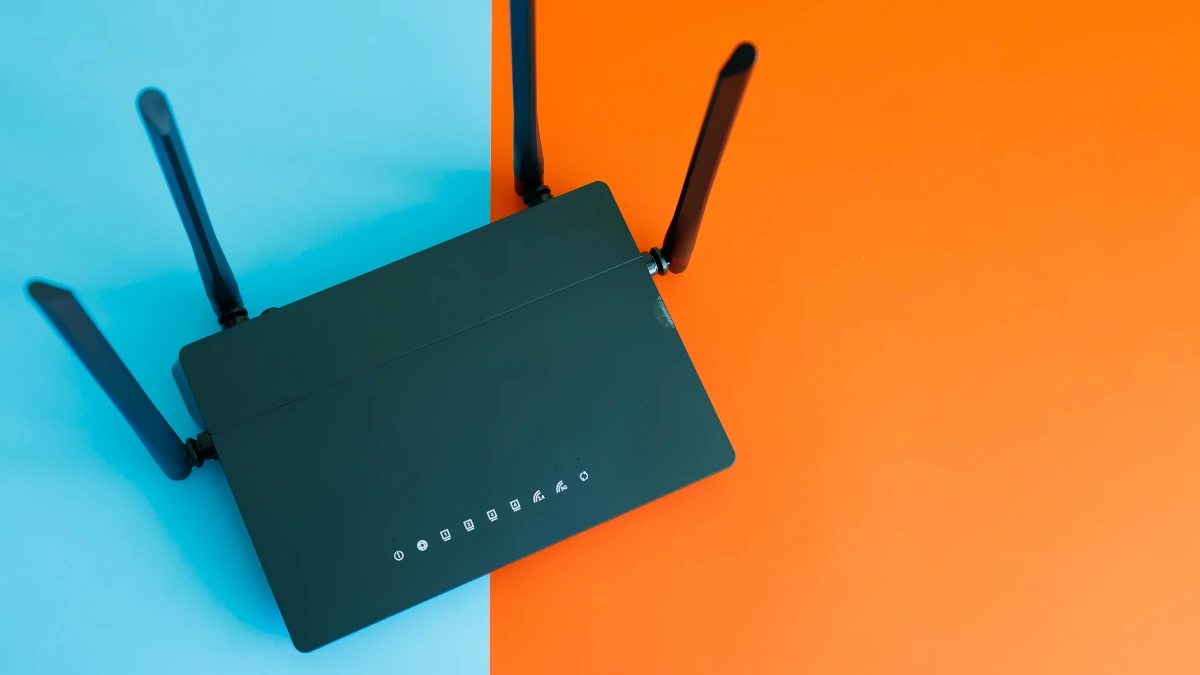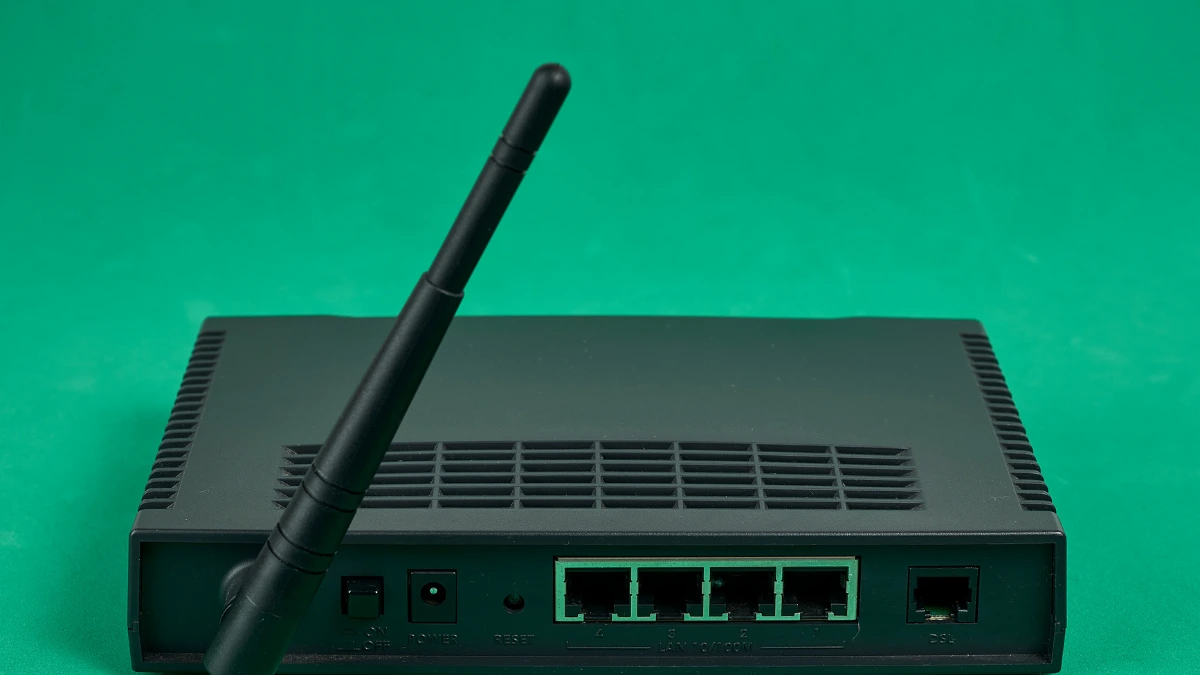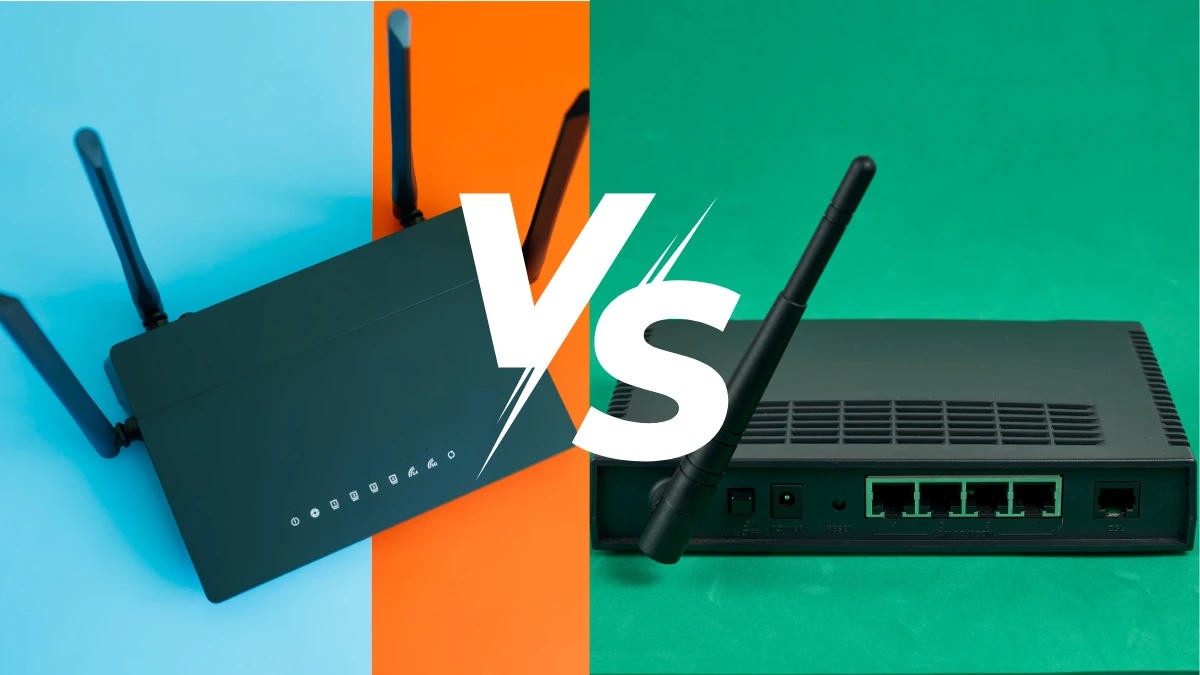Routers and modems are devices that are often used in the world of internet networks. Although at first glance similar, no one knows the router vs modem difference.
Understanding the router vs modem difference is very important so that you can determine which device is most suitable for your home or office network.
This article will discuss the router vs modem difference, so you can choose the right device for your network needs.
What is a Router?

Routers are the electronic devices that work in managing the data traffic of various devices such as smartphones, laptops, tablets, and so on with one internet network. The router functions as a bridge that channels the internet to various devices.
Routers function to receive, analyze, and forward data packets between networks. Multiple devices can be connected to the same internet connection by using a router.
With its capabilities, routers today are like items that must be used at home or in the office to maximize digital connectivity.
What is a Modem?

Modem stands for Modulator Demodulator. From the extension of its name, we may have guessed what it is used for. Modems are the link between internet services (ISPs) and electronic devices. As the name implies, the way a modem works is by modulating and demodulating.
The modulation performed by this device is to convert digital signals into analog signals, which can be received by the receiver. Meanwhile, the demodulation is to receive the analog signal and process it back as data that can be read by the electronic device.
With a modem, electronic devices such as smartphones, laptops, tablets, and so on can connect to the internet.
Router vs Modem Difference

To better understand the router vs modem difference, let’s review five key aspects that differentiate the two.
1. Function
Router: Creates a Local Area Network (LAN) and distributes internet connections to devices on the network.
Modem: Receives signals from internet services (ISPs) and converts them into digital signals for use by devices.
2. IP Address
Router: Each device in the network is assigned a local (private) IP address.
Modem: Each device is only assigned a public IP address.
3. Number of devices
Router: Can connect to multiple devices via WiFi or cable.
Modem: Usually can only connect to one device, unless there is an additional router.
4. Security
Router: Protect the network from outside threats with firewalls, Network Address Translation (NAT), and security settings.
Modem: Has no built-in security features.
5. Connection
Router: Connects to the internet via Ethernet cable, DSL, or other wired connections, and can connect devices on the LAN using cables or wireless signals.
Modem: Connects directly to the Wide Area Network (WAN).
| Aspect | Router | Modem |
| Function | Create a network and distribute | Change internet signal |
| IP Adress | Local (private) | Piblic |
| Number of devices | Many devices | One (Except with additional routers) |
| Security | Available | None |
| Connection | LAN | WAN |
Those are router vs modem differences for your consideration to determine which is more appropriate to improve network quality at home or office according to your personal needs.
If you need a stable internet connection for multiple devices at home or in the office, then a router is a good choice. However, if you just need the internet for personal devices, you can choose a modem.

